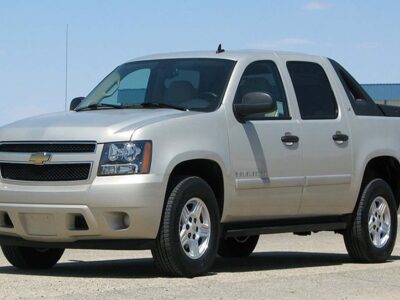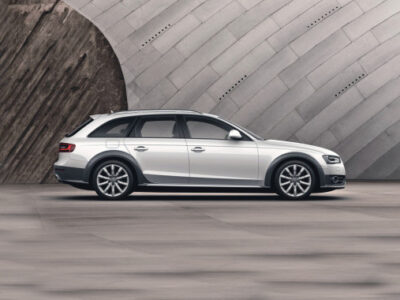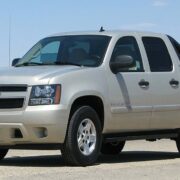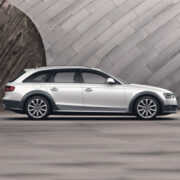
The crisis calls for US motorists to economize. And if buying a used car is a good solution, as vehicles depreciate fast, reducing costs by looking for a car with the highest fuel economy ratings is not always a working strategy. The Indy Auto Man experts explain why an economical car can make its owner keep visiting gas stations more often and how to choose the vehicle with optimal high mpg – low price ratio.
Is an Economical Car a Myth?
An experienced driver may say that you can achieve savings on gasoline or diesel by bringing the tire pressure to the desired value, increasing the car’s aerodynamic qualities. However, low fuel consumption really makes difference.
Car manufacturers strive to make their cars as economical as possible and take care of low fuel consumption. Engineers and managers solve the most complex technical problems to get a competitive advantage via the mpg ratings of their products. Motor shows are held annually, where the public is presented with current and future car models, the characteristics of which still seem fantastic.
It is already possible to call it a reality to overcome a distance of 60 miles on less than a half-gallon of gasoline. World automakers offer potential consumers cars that could not even be imagined before, like VW XL1.
Automakers are busy developing various hybrids—electric vehicles, which are particularly economical. Europeans have long concluded that cars with low fuel consumption are diesel. For example, small-capacity Opel Corsa. However, Americans still prefer other vehicles.
Fortunately, even a huge truck may show itself as an advantageous purchase. Experts say that it is crucial to consider future exploitation and objectively assess your financial capabilities and driving experience before buying a car.
How to Define Real Fuel Economy
The fuel economy rating for a specific car model is calculated by the following parameters:
- driving in the urban cycle;
- driving on the highway;
- the average indicator (mixed cycle).
However, ranking the most economical and beneficial for vehicle owners is not an easy task. First, the type of fuel consumed by a vehicle is essential. In most cases, the fuel consumption of small diesel SUVs is not too high but they are often less comfortable when driving around big cities like Indianapolis because of rigid suspension.
Although diesel vehicles consume less fuel, the future owner should not seriously count on savings in this case. Cars with diesel engines are more likely to need repairs and checks at service stations.
The price of cars running on gasoline is often lower than diesel models, but such models consume more fuel. Electric vehicles are much more economical than their gasoline or diesel counterparts.
The transmission of the car also matters. An automatic transmission entails lower fuel economy compared to a manual one. Perhaps the difference in fuel costs is not noticeable if you take short distances. But you can see an impressive amount if you count the expenses for the year term.
How to Choose an Economical Car
If the fuel economy rating of a vehicle is lower than stated by the manufacturer, it does not necessarily indicate a malfunction. The reason may lie in the features of its operation.
When accelerating, a car spends more fuel than driving smoothly and calmly. The best option for driving is to shift to higher gears as soon as possible – in this case, an increase in speed will not affect fuel consumption.
However, fuel economy is one of many indicators of car efficiency. The buyer should also consider the following points:
- Price;
- Maintenance costs and availability of spare parts;
- Possible repairs during operation.
With such an approach, the buyer can define the budget and find the best options in the market.











